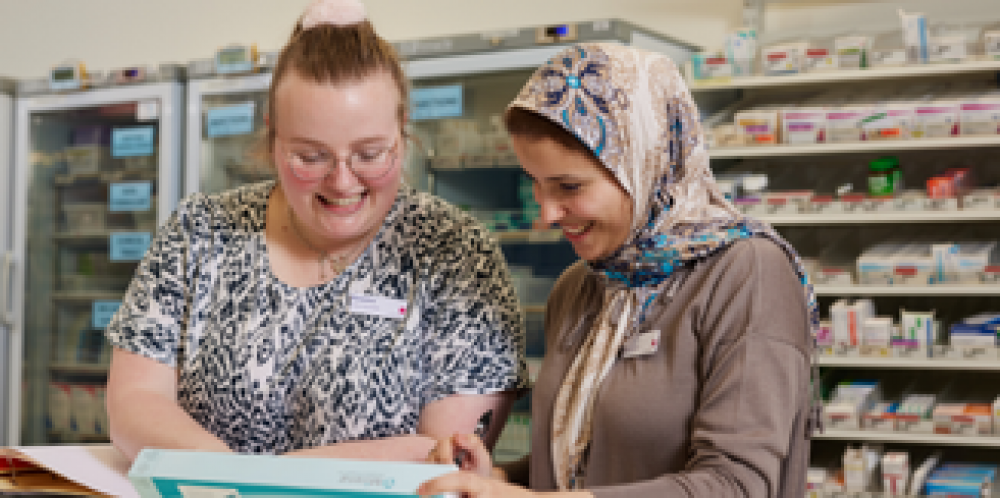
A study led by the Royal Women’s Hospital has shown that misconceptions around safety often led parents to decline their baby’s Hepatitis B virus birth-dose immunisation.
Published in The Australian and New Zealand Journal of Obstetrics and Gynaecology, the study concluded that education during pregnancy could be instrumental in improving uptake of this vaccine at birth.
Just under 9 per cent of babies born during the 8-month study at the Women’s* did not receive their Hepatitis B birth-dose immunisation due to refusal by their parents.
The most common reasons given for refusal included parents:
- having a preference for immunisation of Hepatitis B only at two, four and six months of age (57 per cent)
- feeling their baby was “too young” (56 per cent)
- perceiving a low risk of contracting Hepatitis B (45 per cent);
- fear of ‘overloading’ the baby’s immune system (43 per cent); and
- concern about risk of a serious side-effect (35 per cent).
Christine Gilmartin, the study’s lead researcher from the Women’s Pharmacy Department said the birth-dose of the Hepatitis B virus immunisation is critical to protecting infants at this vulnerable period in their lives, from birth to 2 months, when the next immunisation is due.
“The vast majority of us know that immunisations are hugely important health interventions, particularly when it comes to protecting the health of babies and children, who are most vulnerable. But we also know that misinformation can persist.
“While we are pleased to see that health professionals were reported as the predominant source of information for immunisation advice, the results also show that over a quarter of parents declining the birth-dose had sought information from family or friends, and over a third had consulted the internet or media.
“The good news is that from this research we know more about the specific fears parents have about this particular early life immunisation and we can work towards addressing them.”
- *Total number of eligible babies is 1,574, which excludes the 4,362 babies that were not admitted to post-natal wards during the 8-month period and, thus, were not available to be part of the study. 135 mothers declined the birth-dose for their infant and 113 of those mothers were part of this study.

